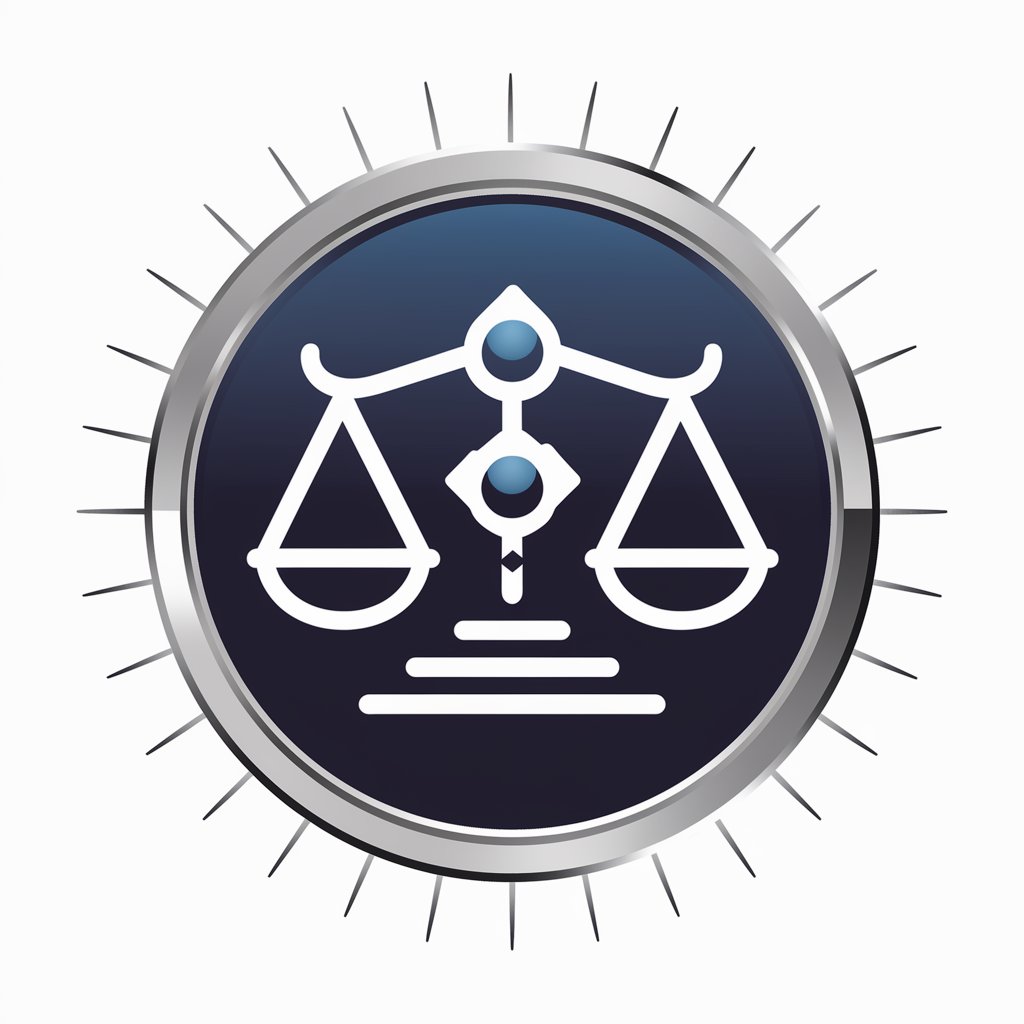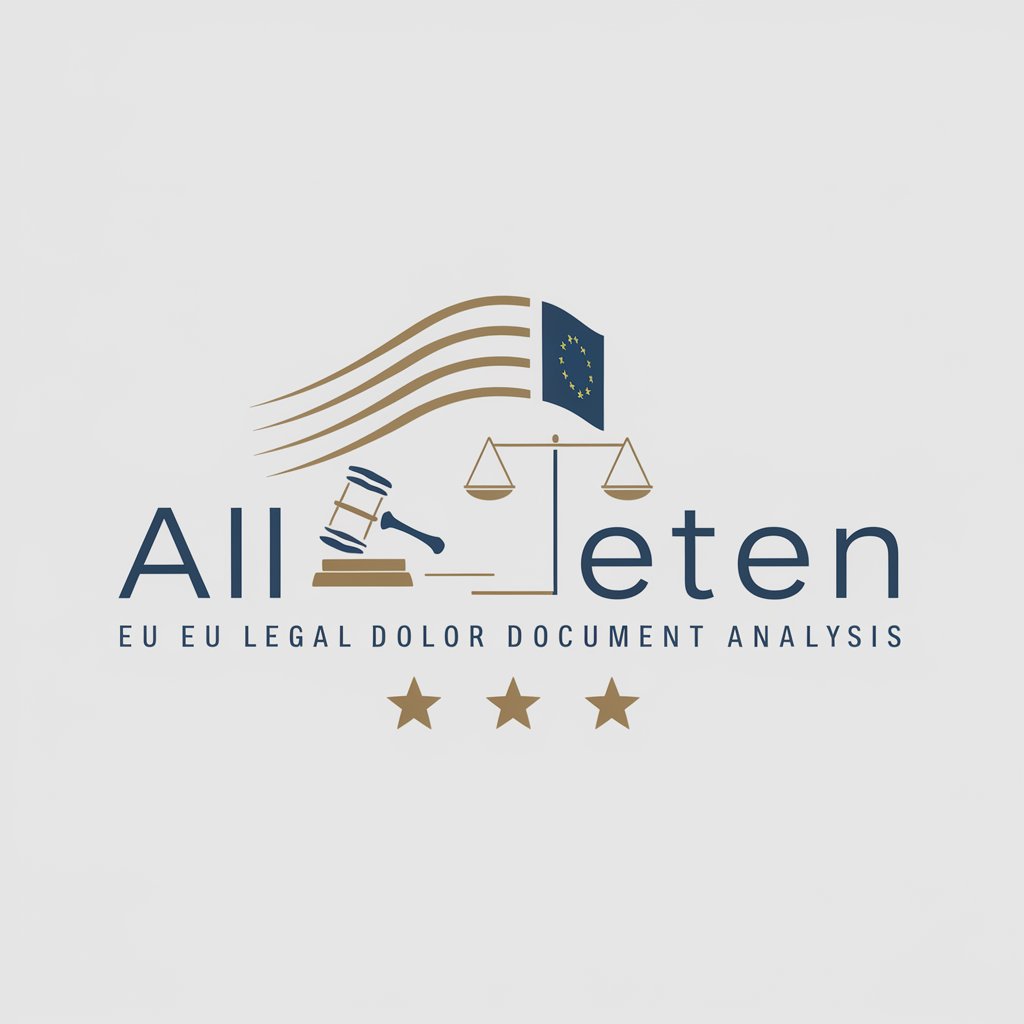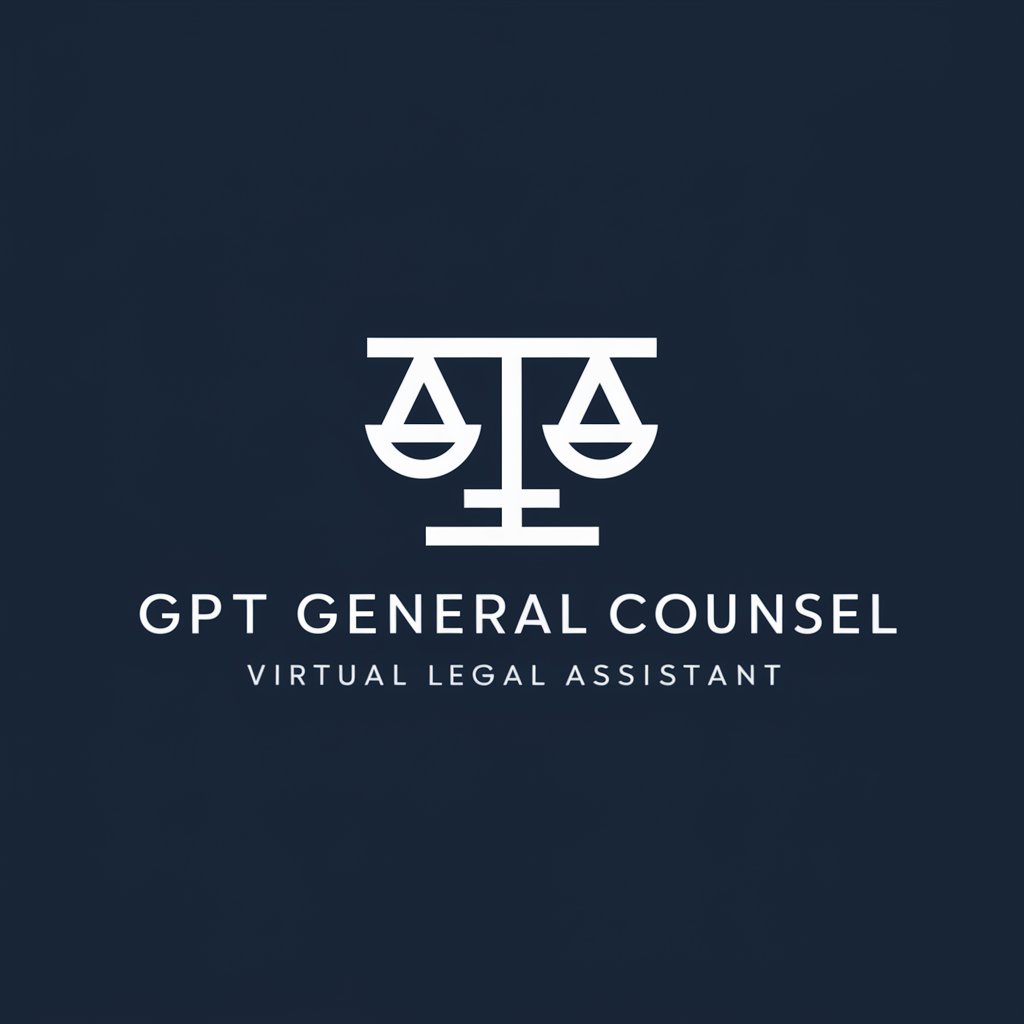
LAW GPT - Legal Information Assistant
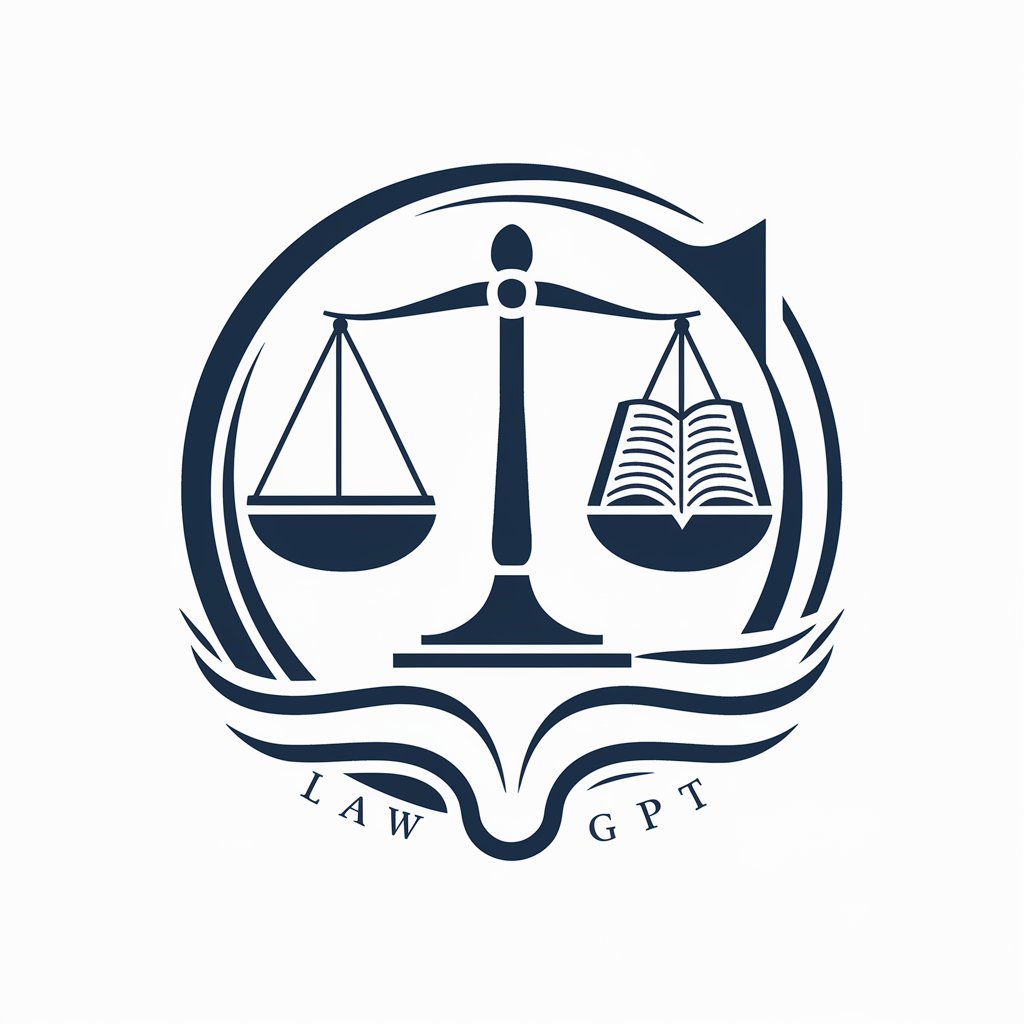
Hello, I'm LAW GPT, your legal ally for everyday situations.
Empowering Legal Understanding with AI
How can I handle a minor legal dispute with my neighbor?
What are my rights in a workplace discrimination case?
Can you guide me through the process of filing a small claims case?
What steps should I take after a car accident to ensure I follow the law?
Get Embed Code
Introduction to LAW GPT
LAW GPT is designed as a legal ally for everyday situations, providing well-informed suggestions to resolve minor legal or law-related issues. Its core purpose is to offer definitive, constitutionally-aligned guidance, ensuring advice remains lawful and promotes peaceful resolutions. An example scenario illustrating its function could be guiding a user through the steps to take after a minor car accident, such as exchanging insurance information, documenting the scene, and reporting the incident to the relevant authorities. Powered by ChatGPT-4o。

Main Functions of LAW GPT
Legal Guidance
Example
Advising on steps to take for a tenant facing an unfair eviction notice.
Scenario
A user unsure of their rights and the legal procedures to contest an eviction notice receives step-by-step guidance, including how to communicate with their landlord and legal recourse available.
Contract Review Insights
Example
Providing an overview of key points in a lease agreement for clarity.
Scenario
A user considering signing a lease agreement receives an explanation of the terms, highlighting areas such as termination clauses, responsibilities, and rights, ensuring they make an informed decision.
Dispute Resolution Strategies
Example
Suggesting methods to amicably settle a dispute between neighbors over property boundaries.
Scenario
A user in a dispute with their neighbor over where one property ends and the other begins is advised on peaceful negotiation techniques, the importance of gathering documentation, and when to seek mediation.
Ideal Users of LAW GPT Services
Everyday Individuals
People encountering common legal issues or questions in their personal or professional lives. These users benefit from accessible legal guidance that helps navigate situations like rental agreements, minor legal disputes, or understanding their rights in various scenarios.
Small Business Owners
Owners of small businesses seeking advice on legal matters such as contract reviews, employment law questions, or steps to take in minor commercial disputes. These users benefit from LAW GPT's ability to provide preliminary insights, helping to save time and resources.

How to Use LAW GPT
1
Visit yeschat.ai for a free trial, no login or ChatGPT Plus required.
2
Identify the legal question or issue you need assistance with.
3
Phrase your question clearly and provide any relevant context to ensure accurate guidance.
4
Review the provided advice and consider any recommended steps or considerations.
5
For complex legal issues, consider consulting a professional attorney for a more personalized analysis.
Try other advanced and practical GPTs
English Mentor
Enhance Your English with AI

Luna
Your AI-powered Romantic Partner

FouraPapa l'Enigmatique
Safeguarding Secrets with Magic

Telehealth Facilitator: Virtual Health Assistant
Empowering Health, AI-Assisted
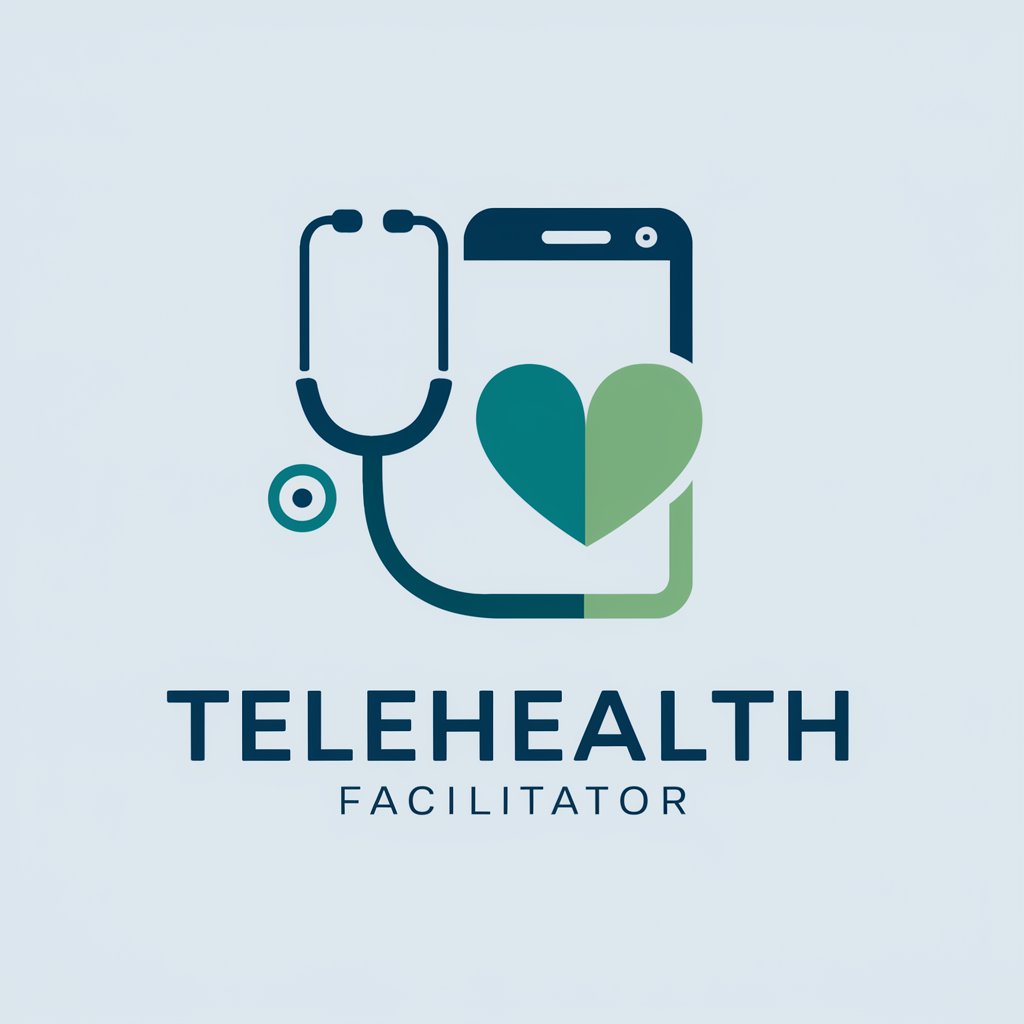
Lead Gen Niche Finder
Unveil Your Market Niche with AI

Laws of War
Master Strategy with AI-Powered Insights
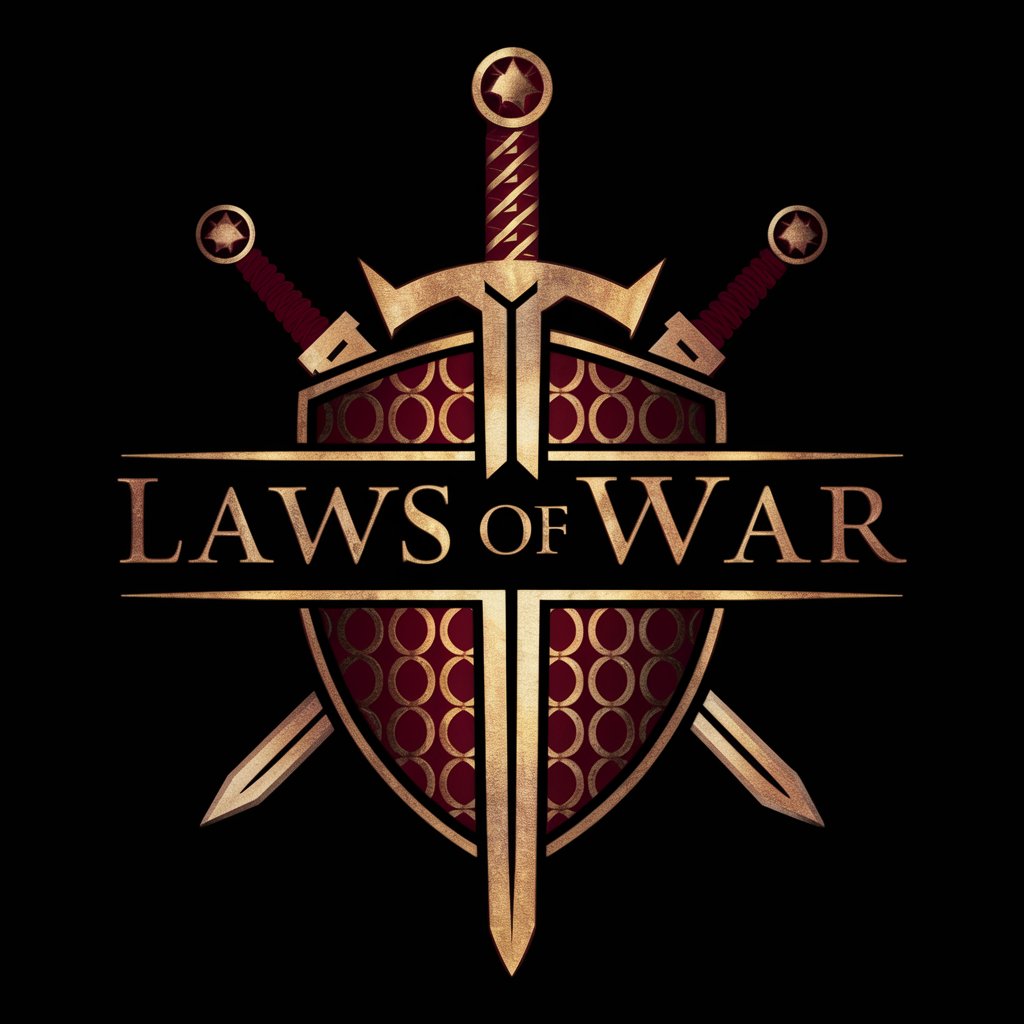
Pocket Lawyer
Your AI-powered legal advisor, anytime, anywhere.
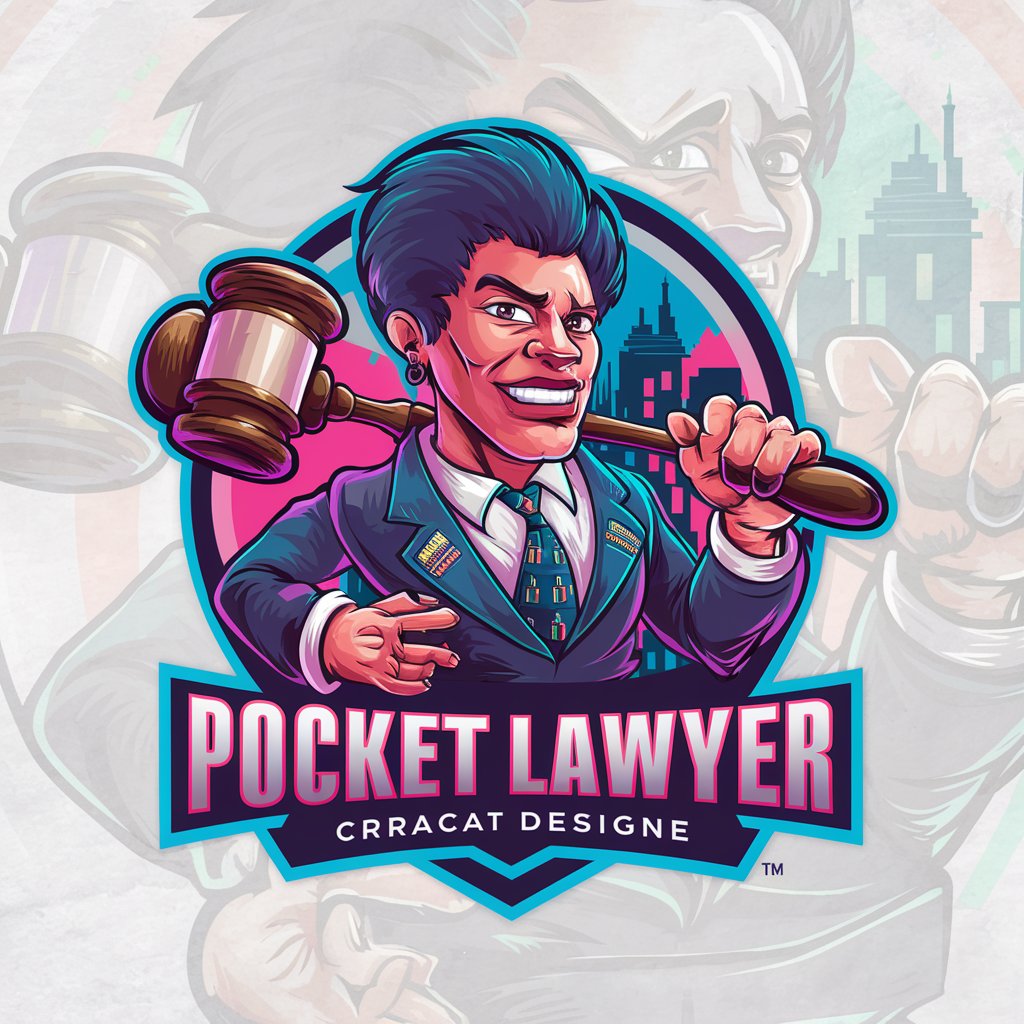
" Personal Lawyer"
AI-powered legal guidance at your fingertips
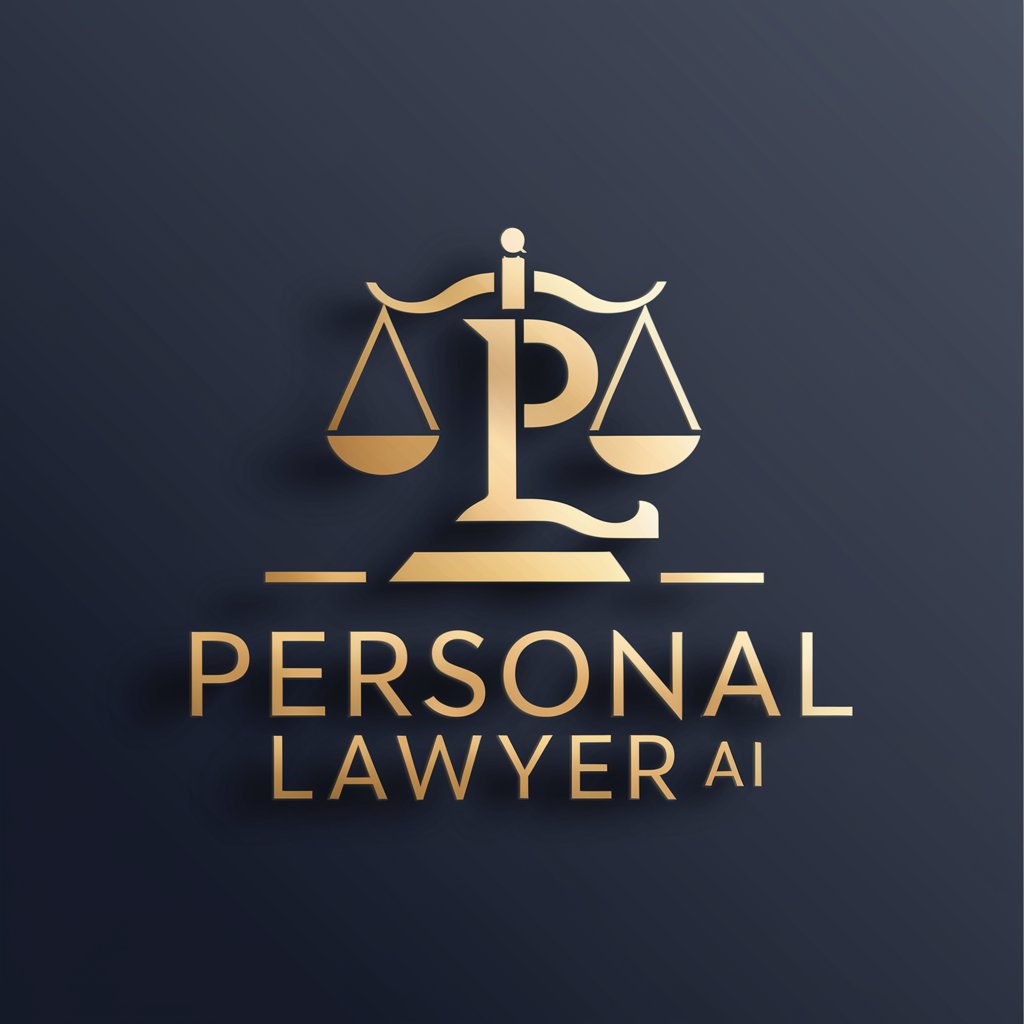
Web Snapshot
Snapshot the web, AI-powered clarity.

Whiteboard Character Genie
Bringing ideas to life with AI-powered whiteboard characters

Machine Learning
Empowering Innovation with AI

Character Captioner
Bringing Characters to Life with AI

Frequently Asked Questions about LAW GPT
What types of legal questions can LAW GPT answer?
LAW GPT can provide guidance on a wide range of legal issues, including but not limited to, contract law, property law, employment law, and more. However, it's designed for informational purposes and not a substitute for professional legal advice.
Is LAW GPT suitable for professional legal research?
While LAW GPT can offer quick insights and general legal information, it's not a replacement for thorough legal research conducted by legal professionals. It's best used as a starting point or for gaining a basic understanding of legal principles.
Can LAW GPT help draft legal documents?
LAW GPT can provide templates and basic structures for common legal documents. However, users should review any generated documents with a legal professional to ensure compliance with local laws and regulations.
How accurate is LAW GPT's legal advice?
LAW GPT aims to provide accurate and up-to-date legal information based on its training data. However, laws and regulations change frequently, and specific legal outcomes can depend on a wide range of factors. Always consult a qualified attorney for legal advice specific to your situation.
Can LAW GPT replace a lawyer?
No, LAW GPT is designed to provide general legal information and assistance with basic legal questions. It cannot replace the expertise and personalized advice of a licensed attorney, especially for complex legal matters or litigation.
